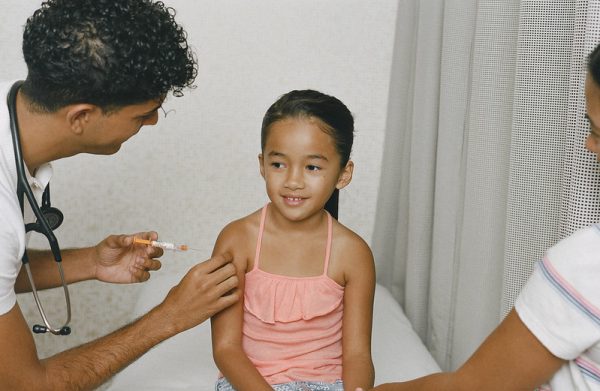
The anti-vaccine movement has persisted for some time, perplexing scholars and medical practitioners alike. Based upon anti-vaxxers’ strong sentiments, one would expect these same parents to reject other pharmaceutical interventions. In a recent study, however, Jennifer Reich finds that parents often have contradictory views on their children’s health care. These parents use pharmaceutical interventions for some illnesses while simultaneously refusing to vaccinate their children for others.
Reich interviewed 34 parents from 2007 to 2014 in Colorado (the state with the lowest rates of vaccination). These parents had challenged or rejected expert recommendations on vaccines but consented to other forms of medical intervention for their children in the cases of ADHD medication, seizure disorder medication, and cancer treatments.
Reich finds that anti-vaxxers “call the shots,” but they don’t make these decisions alone. Parents’ decisions regarding medication use for their children results from individual, interactional, and institutional contexts. Thus, the refusal to vaccinate is not a categorical rejection of pharmaceutical intervention.
Reich finds that some parents used individual strategies in which they differentiated between necessary treatments to protect their children from harm, such as ADHD medicine, and unnecessary medications, such as vaccinations. Alternatively, for some parents, negotiations with healthcare providers led to the use of medication. For example, one family shopped for healthcare providers they liked and felt respected by, and paid more for medications that they believed were safer.
Parental consent to medication may also result from institutional insistence. For example, one family was convinced to let their child receive medical treatment for cancer through the threat of legal coercion and the hospital requirement for all patients to receive the flu vaccine.
Finally, Reich finds that privileged parents are both more likely to challenge expert advice regarding vaccines, and more likely to receive respect from healthcare providers and have their views taken seriously.
